Spotlight: Vanessa Vaz on being a young restaurateur of colour striving for diversity and community spirit
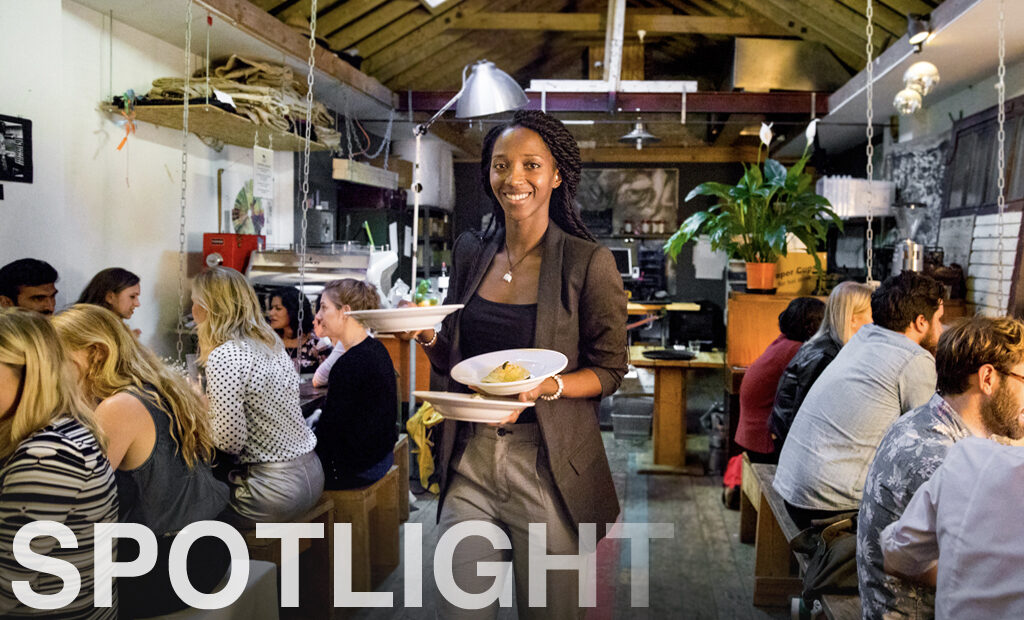
With the aim of promoting a food industry that is sustainable and diverse, The Upcoming has launched a new Spotlight series, a monthly feature to give space to people, often unsung, who are changing things for hospitality.
Vanessa Vaz is a director for Morso – a modern neighbourhood restaurant and bar serving hand-crafted fresh pasta and small Italian bites. Her continuing dedication has helped grow the business from a small pop-up supper club to a permanent neighbourhood presence loved and sustained by locals. The entrepreneur oversees the front of house at their two restaurants, located at Abbey Road and Kensal Rise. We spoke to Vaz about being a young restaurateur of colour in London, the journey of Morso over the last few years and the impact of Covid-19, as well as the importance of community.
Vanessa, it’s refreshing to see a young restaurateur like you being part of a new wave of independent London ventures. How did the idea for Morso first come about and what was your mission?
Throughout my uni years, I have been working in the food industry and there is nothing like the vibrancy of restaurants. I have met most of my friends while working, including my partner, who is our chef. Together we had the inspiration for Morso as we are both serious foodies. Our initial idea was to open our own group of restaurants and eventually our own charity too. I have studied politics and one of my lifelong dreams is to help children of disadvantaged backgrounds, especially in third world countries like Cape Verde in North Africa where my parents are originally from.
Things really began to take shape with your pop-up – tell us about this experience and what you learnt from it.
Our first experience with popups was quite intimidating. Even though we all had experience with busy food services, serving our own food and drinks on our own terms was new for us – frightening but extremely exciting at the same time. We did receive a wealth of positive feedback, probably more than we genuinely expected, and that gave us a boost of confidence to look for a permanent site a few months after our first events.
How did it feel to finally open the Abbey Road restaurant in 2018?
A cliché’ perhaps, but it did feel like a dream come true. It made me feel very accomplished and it felt quite surreal for a long while. In a certain way, for the first time in my life, my decisions were directly impacting other people’s lives and livelihood which was quite daunting. I suddenly became responsible not only for my business but for our customers, our staff members and our community.
The food world has long struggled to attain true diversity in terms of representation. Would you say your path to being a restaurateur has been harder as a person of colour and a woman?
Make no mistake: the path to becoming an entrepreneur is incredibly hard regardless of nationality or skin colour. The restaurant business has a notoriously low success rate, and I was determined to be a part of the little percentage that makes it through the other side, even with small odds in my favour. It is hard to measure my hardship as a black woman, compared to a white male or woman entrepreneur, but it is impossible to deny that I have been almost always a minority in any of the rooms I entered, the meetings I attended or at the industry events I was invited to. There is a shortage of role models and successful minority restaurateurs in the country to inspire young entrepreneurs.
In 2020 Morso opened its second site in Kensal Rise. How did it feel to expand to a second location and what were the challenges?
We were ecstatic about being so fortunate as to take our next step into growing our business, opening our second site in a great neighbourhood in a beautiful location. We predicted a very steep uphill path as we were worried about replicating the success of our first site in Abbey Road. Multisite managing is always challenging: growing one new restaurant that needs nurturing and huge amounts of effort, without neglecting the other one. We do have a close relationship with the community in St John’s Wood and we surely did not want them to feel we were not there enough. But like many others, we did not foresee Covid-19, which quickly became the biggest and to date hardest challenge we have ever encountered. And it came surely at the worst possible time, as we opened our Kensal Rise site only a week before the first national lockdown was announced.
We know that Covid had a devastating impact on the hospitality sector. How did the pandemic affect Morso as a neighbourhood restaurant? In what ways did you have to adapt and in what was the response of your community?
Unfortunately, Covid-19 has been devastating for everyone, everywhere really. Hospitality has been particularly affected as it has been selected as one of the sectors which will re-open last once restrictions are relaxed. We still consider ourselves luckier than other businesses, being able to trade with a limited delivery service as well as being less affected than Central London, where trade has completely stopped in some cases. Once we understood a lockdown was in sight back in early March 2020, we started building our click-and-collect/delivery website as well as stocking up on products we thought might be running out soon. We converted our restaurants into small delis and essential grocery stores, attempting to serve our community with products that were in high demand at the time and not easily sourced. Fortunately, we were well received and supported by our local customers, for whom we will always be grateful. Some of our regular clients have been ordering as often as two or even three times a week. But being at our third national lockdown now and with lots of uncertainty and financial worries, sales have been slowly diminishing, perhaps due to the unemployment level rising and more people cooking at home and not being able to afford as many takeaways.
What do you think needs to happen in order for the food industry to be able to bounce back and thrive again? What kind of support should the government provide to sustain the sector, and local businesses in particular, in both the short and long term?
The sector has been seriously damaged, and it will take a long time to properly heal. As a businesswoman, I would rather not be asking for government handouts, but simply to be allowed to freely trade with no restrictions in order to survive, pay our debts and then hopefully thrive. But opening without restrictions and with restored customer confidence that it is safe to be out and about now seems to be a distant memory as well as a long time away in the future from now. Most businesses, not only restaurants and pubs, have accumulated high amounts of debt that won’t be easy to repay. The government must step in with more considerable support as otherwise there will have very little hope. VAT cut to 5%, business rates reliefs, and £2,000/£3,000 monthly grants for qualifying business are great but surely not enough considering the loss of sales. The furlough scheme is a huge help, but it is almost solely for the employees’ benefits, as businesses are still liable for PAYE. If businesses themselves are not supported enough they won’t survive to claim for the furlough grants. Most insurance companies have also argued out of paying for business interruption policies due to the pandemic and government lockdown leaving them in a place of uncertainty and fear.
Sustainability has become a buzzword lately for the food industry. Do you take any measures to make sure your restaurant is sustainable?
We have always had ambitious goals with regards to sustainability, but being a small business, we had to make some compromises and stage our efforts. However, we do work with mostly local suppliers, importing from Italy only a few of the products needed that otherwise cannot be substituted. We only use British meat from high-welfare farms, Clarence Court free-range eggs and locally sourced vegetables, herbs, fruits etc. Our energy supplier provides gas and electricity only from 100% environmentally friendly sources and we work with our local councils for recycling.
And – even more importantly – how does Morso nurture diversity and inclusion?
Morso has a truly diverse founding team as my business partners and fellow directors are Jewish/Israeli, British/Chinese and Italian. This has impacted our recruitment and therefore our teams. We welcome diversity without any form of discrimination and so far we have built a well-mixed team. Most of our employees are non-UK-born, with no family here in this country, so for most of them we became their second family. We often try to celebrate festivities together when the restaurants are not closed so as to make us all feel at home. We have truly developed a sense of community.
Lilly Subbotin
Photos: Filippo L’Astorina
For further information about Vanessa Vaz and her restaurants visit Morso’s website here.

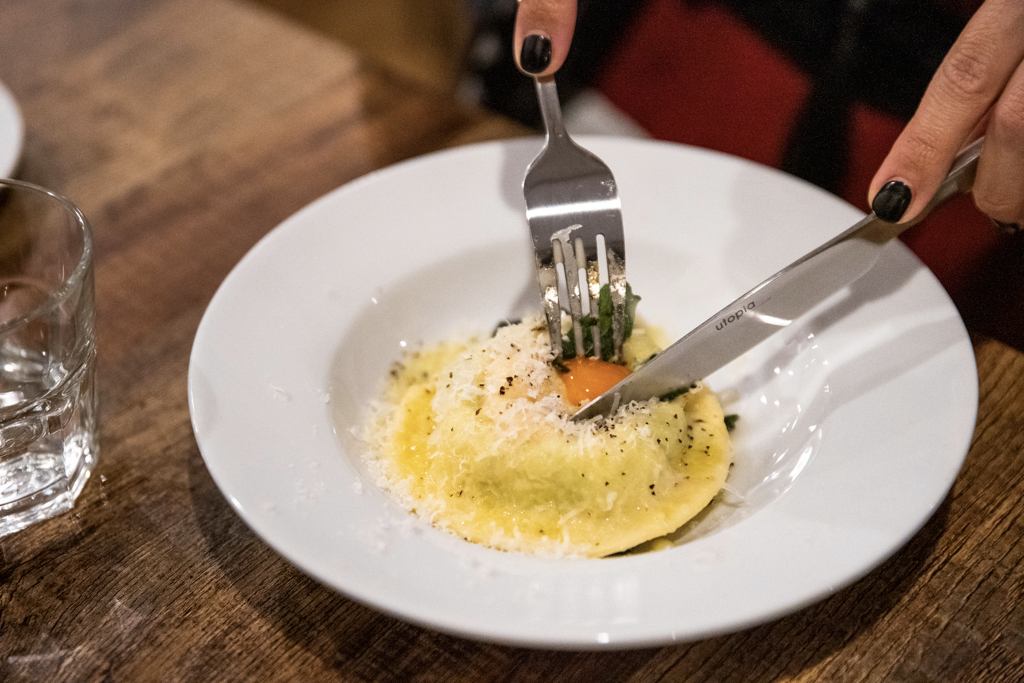
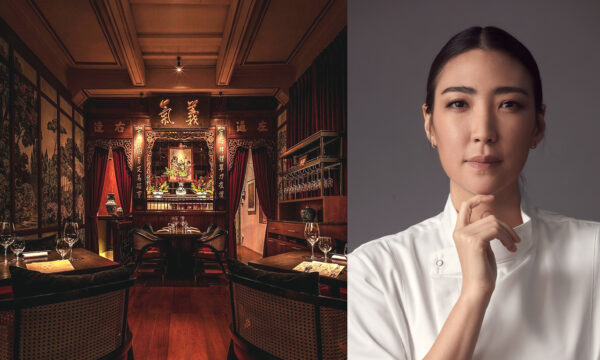
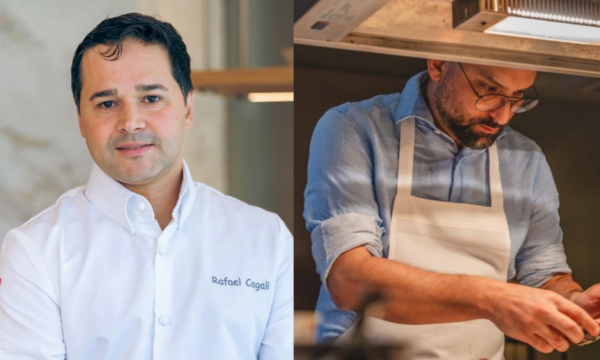

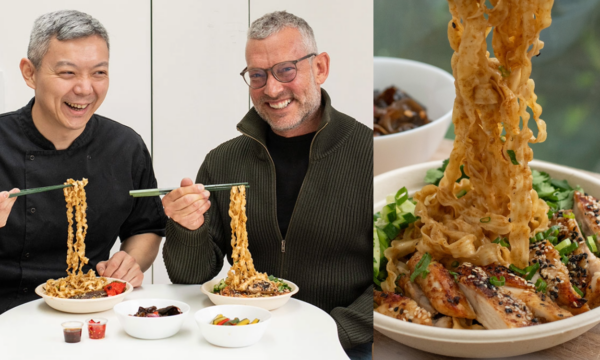
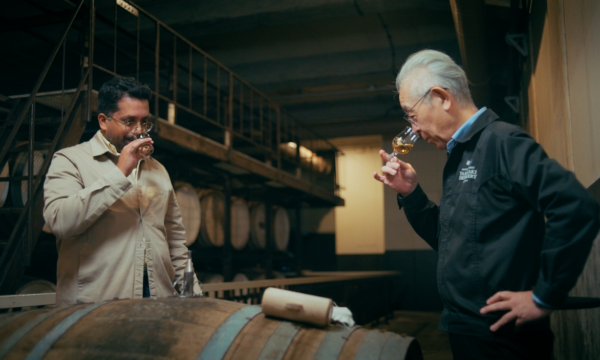
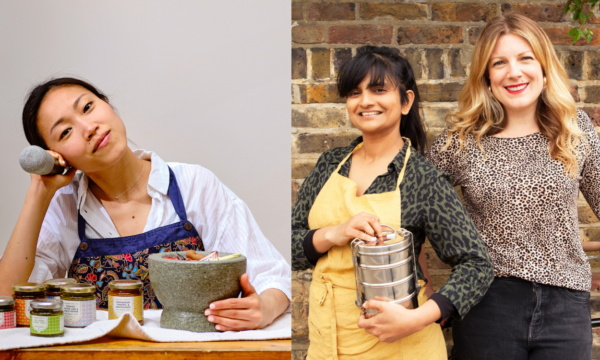


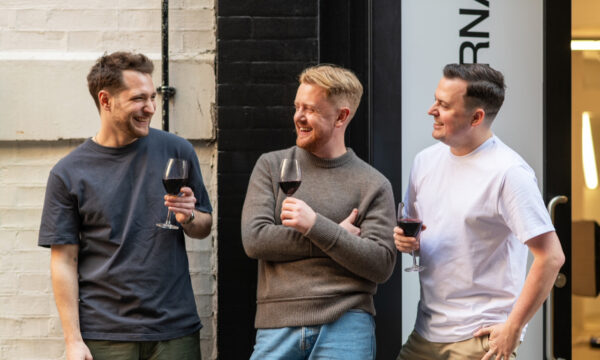










Facebook
Twitter
Instagram
YouTube
RSS